$44.11 Bn
Market Size
6.12%
CAGR
$59.37 Bn
Forecast
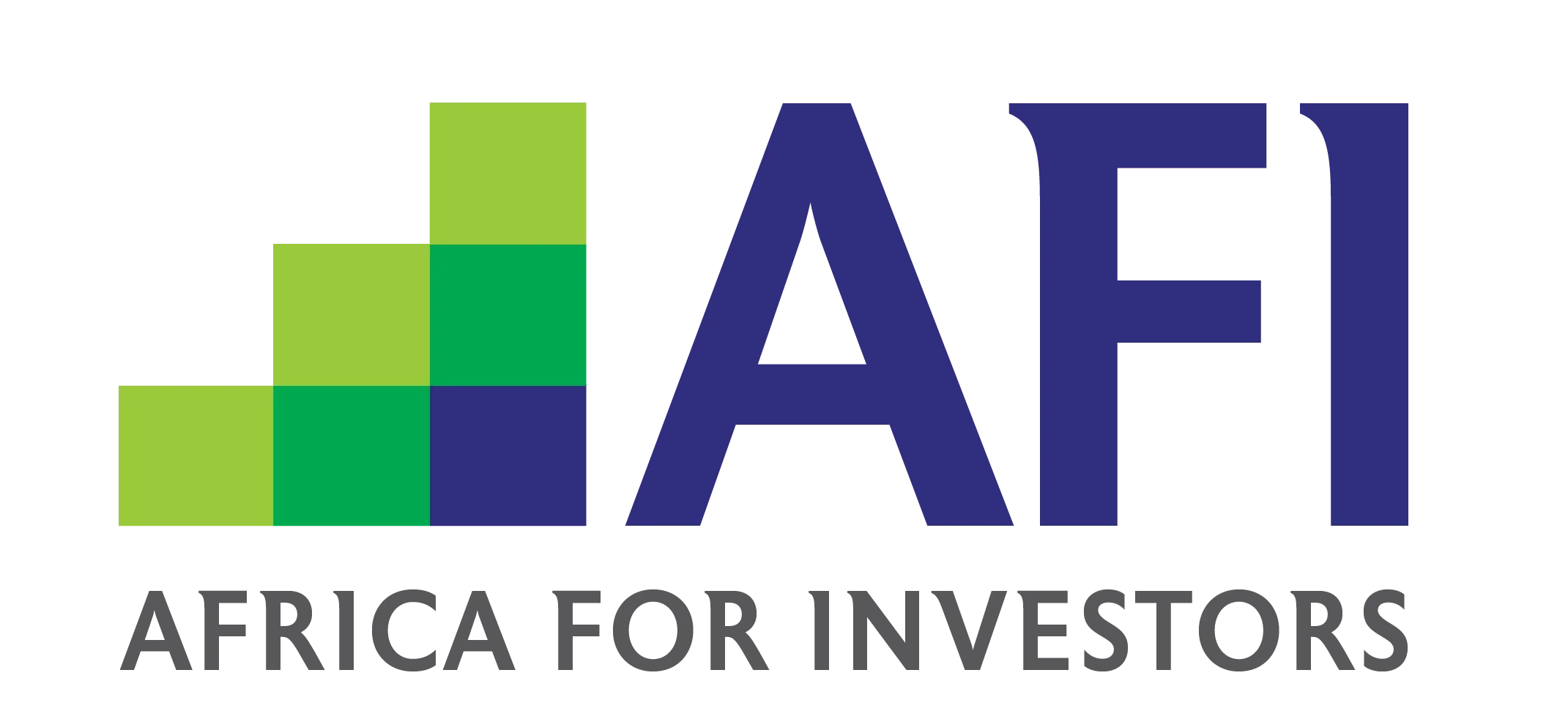
*Note: Name, Email and Phone Number are mandatory.

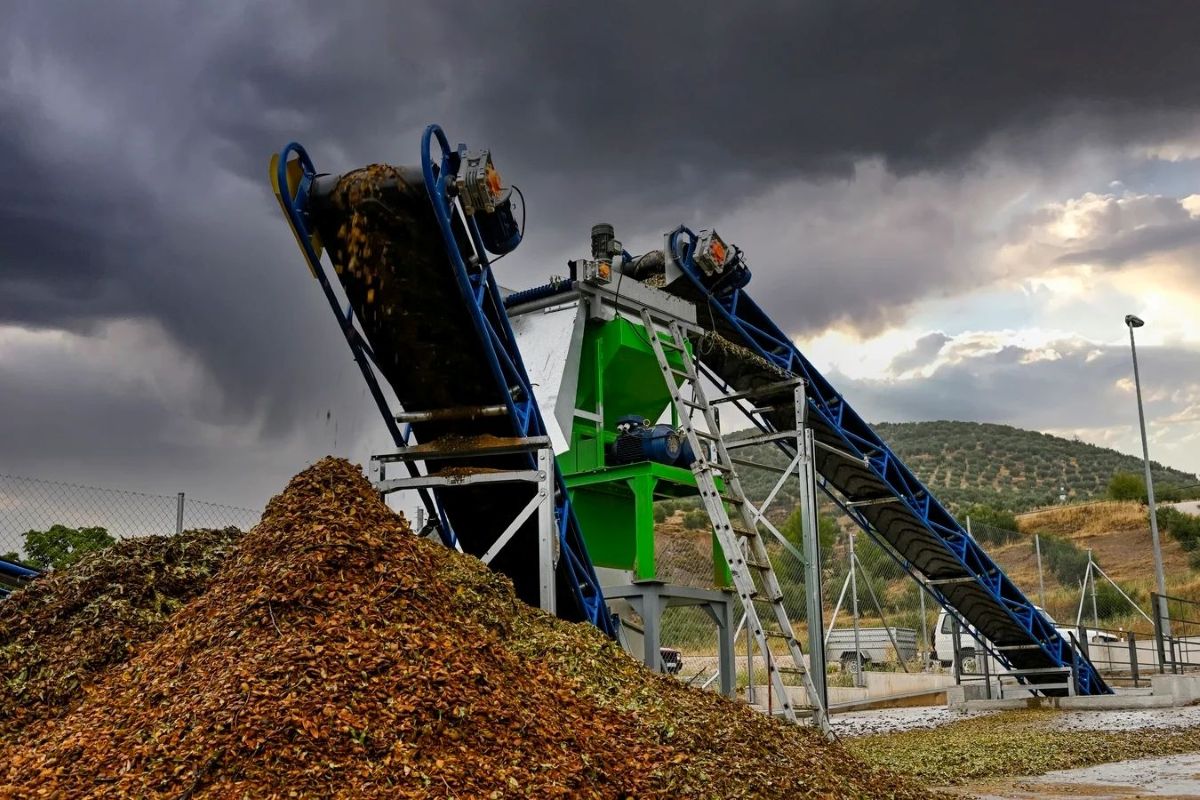
Africa embraces sustainability. Invest in turning waste into resources for a greener future! Be part of the solution for innovative waste management and recycling initiatives across the continent.
Africa embraces sustainability. Invest in turning waste into resources for a greener future! Be part of the solution for innovative waste management and recycling initiatives across the continent.
$44.11 Bn
Market Size
6.12%
CAGR
$59.37 Bn
Forecast
Africa's bustling cities are generating a hidden fortune: a surge in waste. While it might seem like a burden, for visionary investors, it's a goldmine. Rapid urbanization, with half the population projected to be city dwellers by 2045 (UN), is a key driver. Densely packed urban areas produce significantly more waste, creating a pressing need for solutions.
This creates a massive opportunity. Africa's recycling sector is vastly underdeveloped, with only 10% of waste recycled (World Bank). This gap presents a chance for foreign investors to bridge it by introducing innovative recycling technologies and infrastructure. Furthermore, stricter waste management regulations are emerging across Africa as nations prioritize sustainability. This creates a supportive environment for foreign companies investing in recycling facilities and waste-to-energy solutions. Investing in Africa's waste recycling goes beyond just profits. It's an investment in a cleaner future, creating jobs, recovering resources, and reducing reliance on landfills.
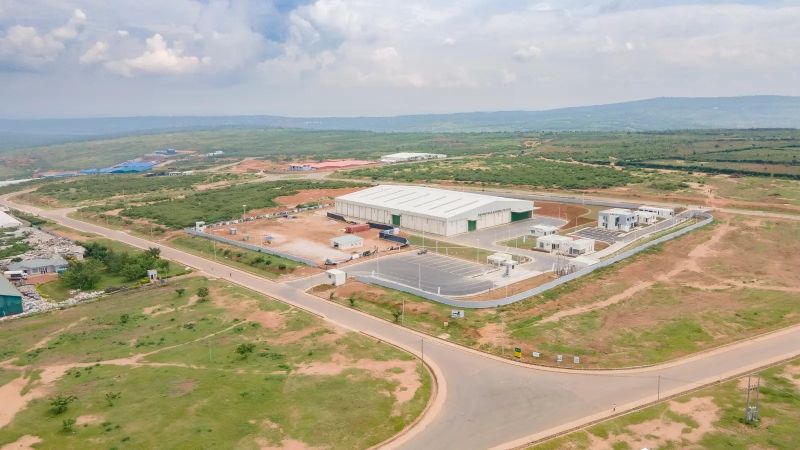
Bugesera Special Economic Zone (BSEZ) located in the Bugesera district of Rwanda- is a Public-Private Partnership (PPP) agreement between Arise IIP and the Government of Rwanda with a committed investment of USD 100 million.
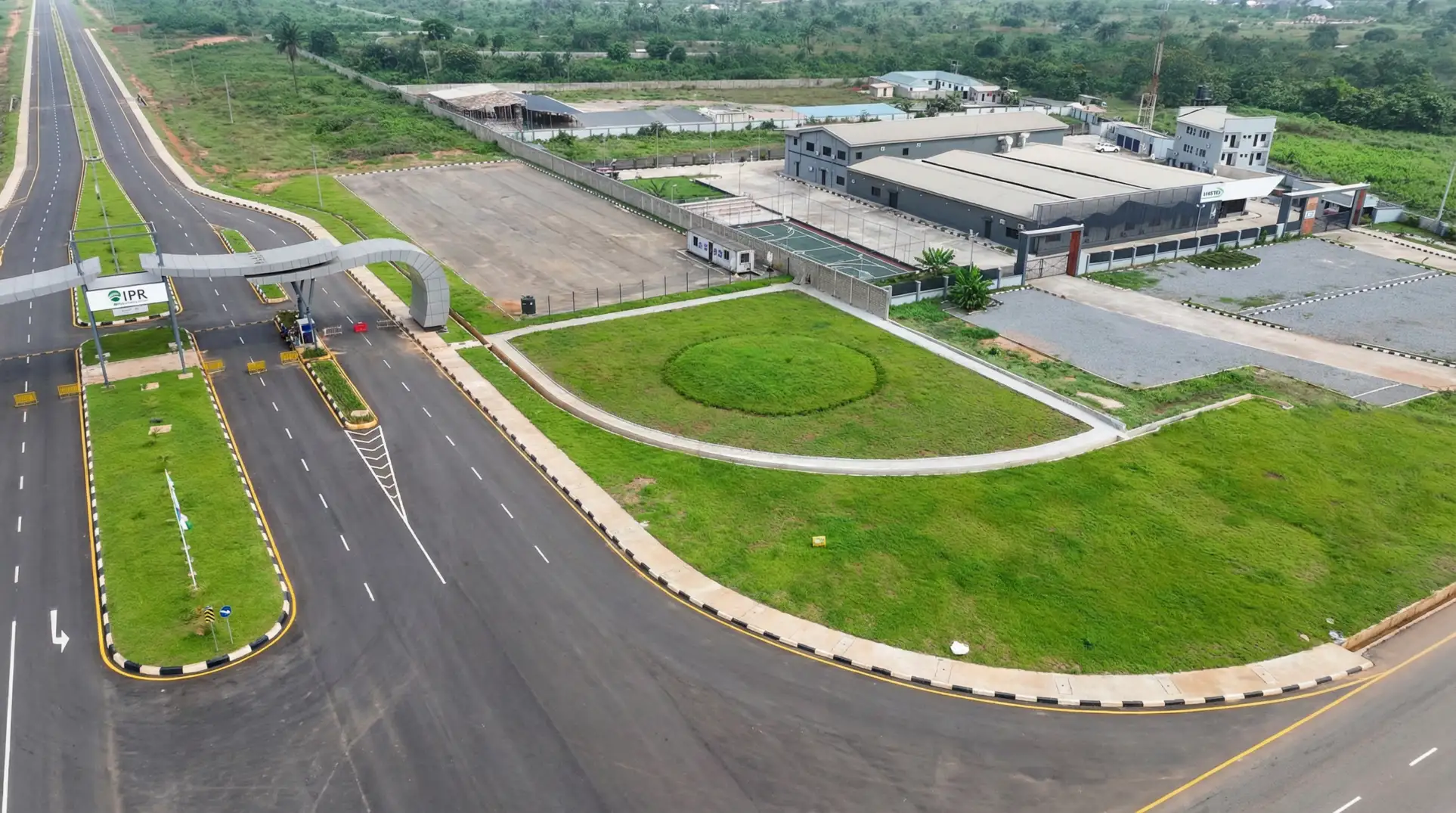
Industrial Platform Remo Free Zone (IPRFZ) is a Public-Private Partnership of ARISE IIP and the Ogun State Government in Nigeria. Focus is on maximizing the local resource production, efficiency & cost.
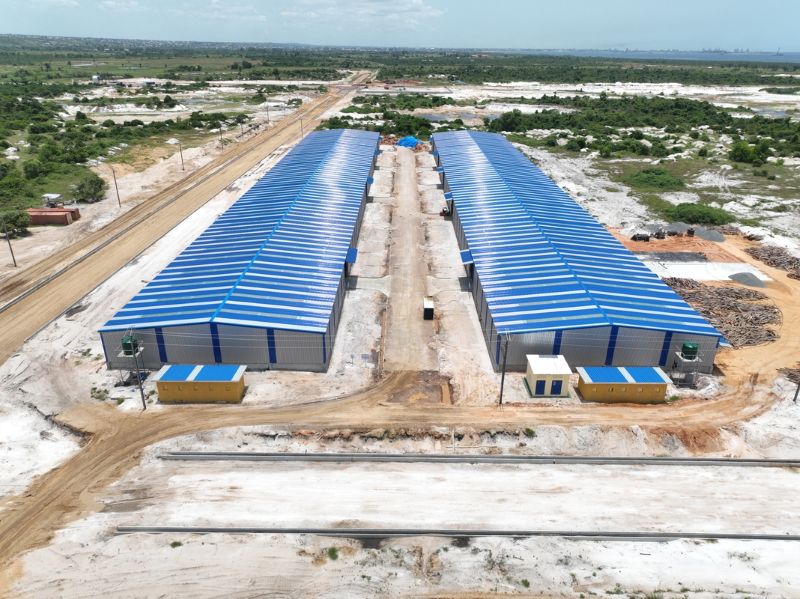
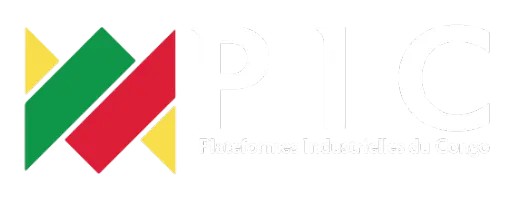
Plateformes Industrielles du Congo (PIC) is a public private partnership between ARISE IIP and the Republic of Congo. The objective of this partnership is to develop 3 SEZ in Pointe-Noire, Oyo and Ouesso. The government intends to diversify its economy, which until now has relied solely on revenues generated by the oil sector.
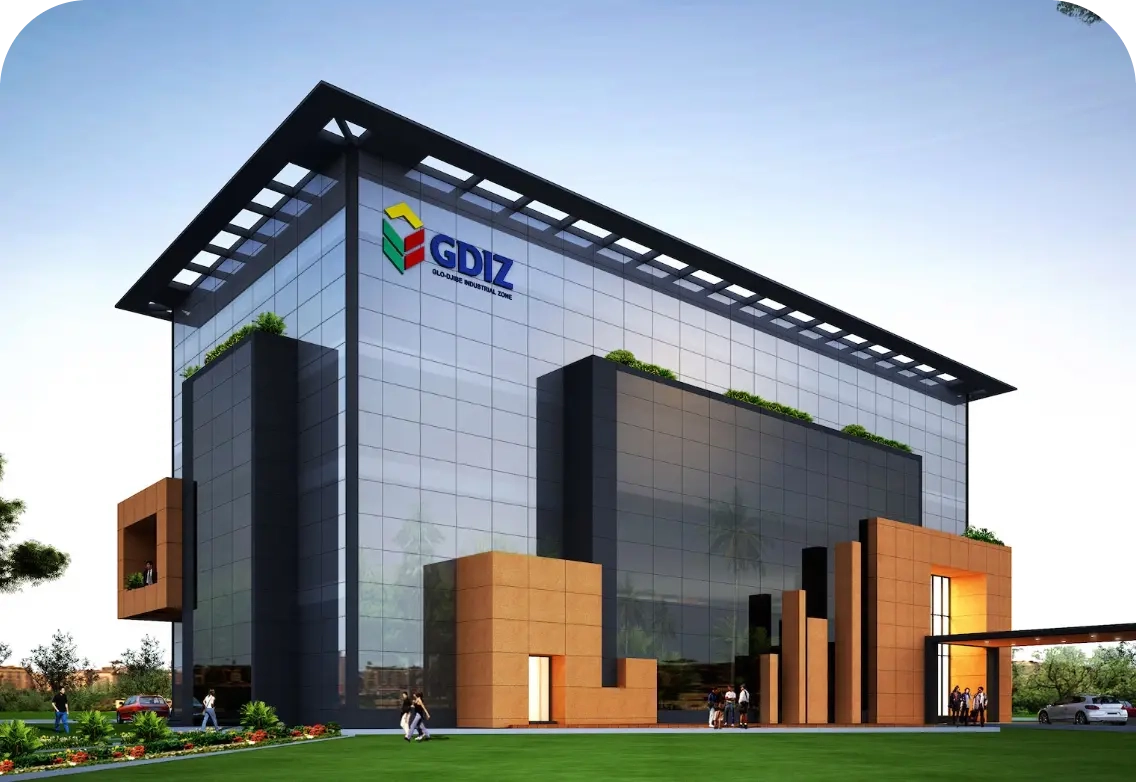

The Glo-Djigbe Industrial Zone (GDIZ) is located just 45 km from Cotonou and is dedicated to the local transformation of agricultural product including cotton, cashews, pineapples, shea nuts and soybeans, among others.
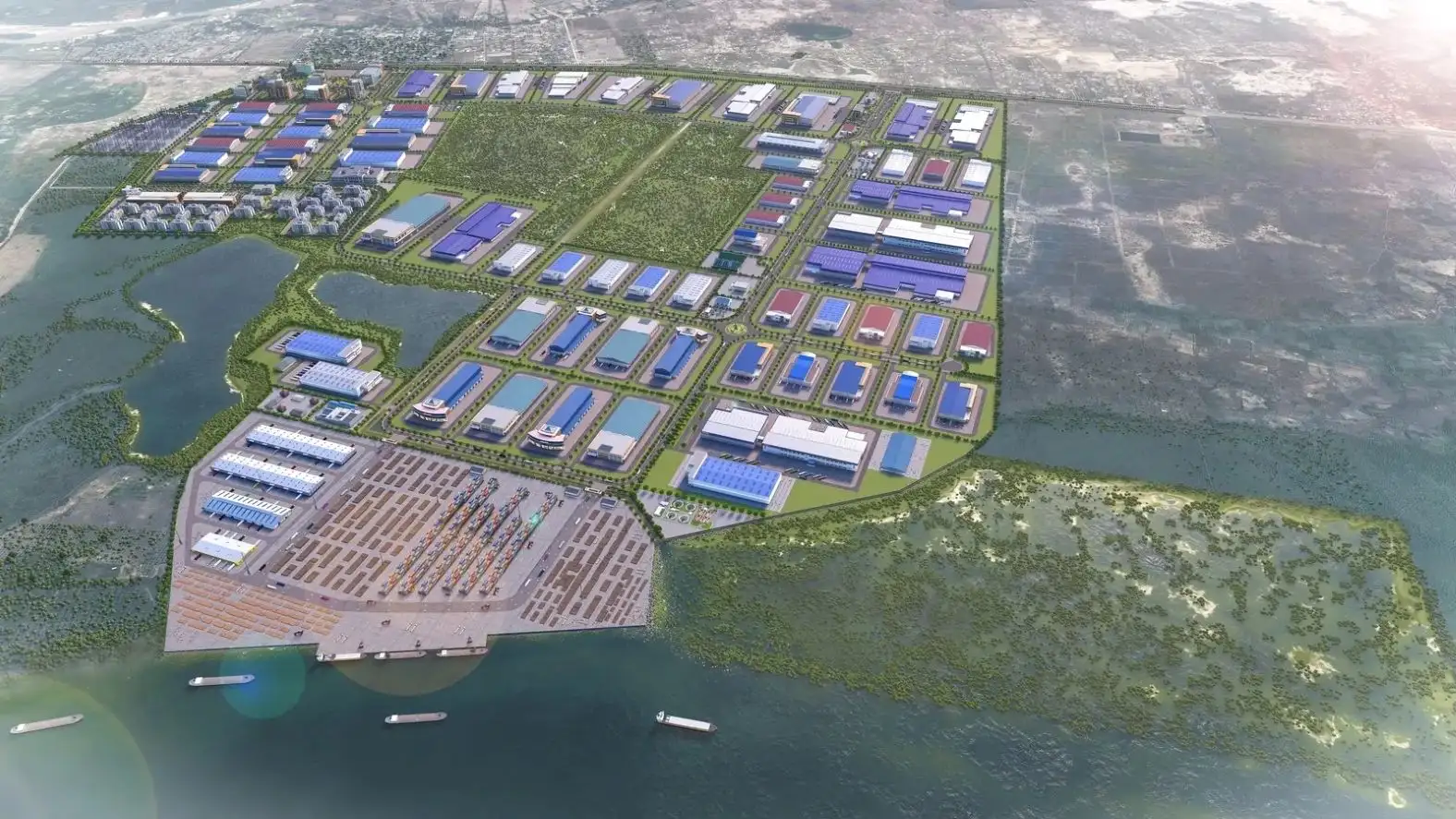

Strategically located in DRC's capital Kinshasa, one of the world’s fastest growing megacities in Africa, the ZESKM economic zone offers investors the best entry to a direct market of nearly 20 million inhabitants.
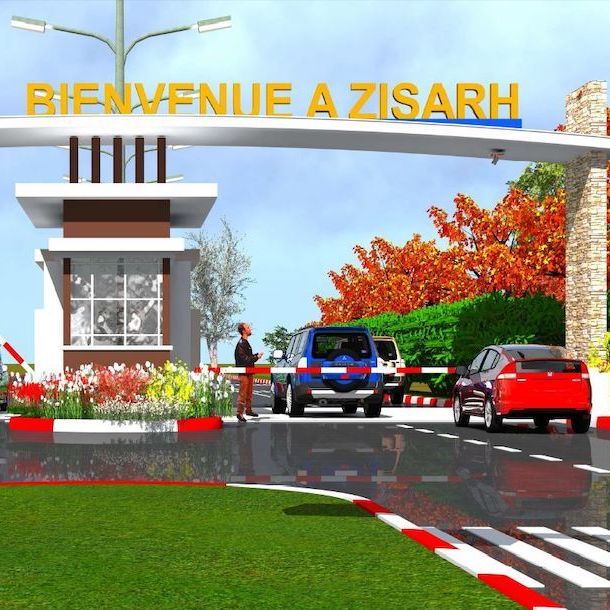
La Zone Industrielle de Sarh (ZISARH), is a Public Private Partnership (PPP) between ARISE IIP, Chad, and the Republic of Chad, spread over 485 ha. The objective of setting up ZISARH is to promote the growth of the country's industrial and agriculture sectors.
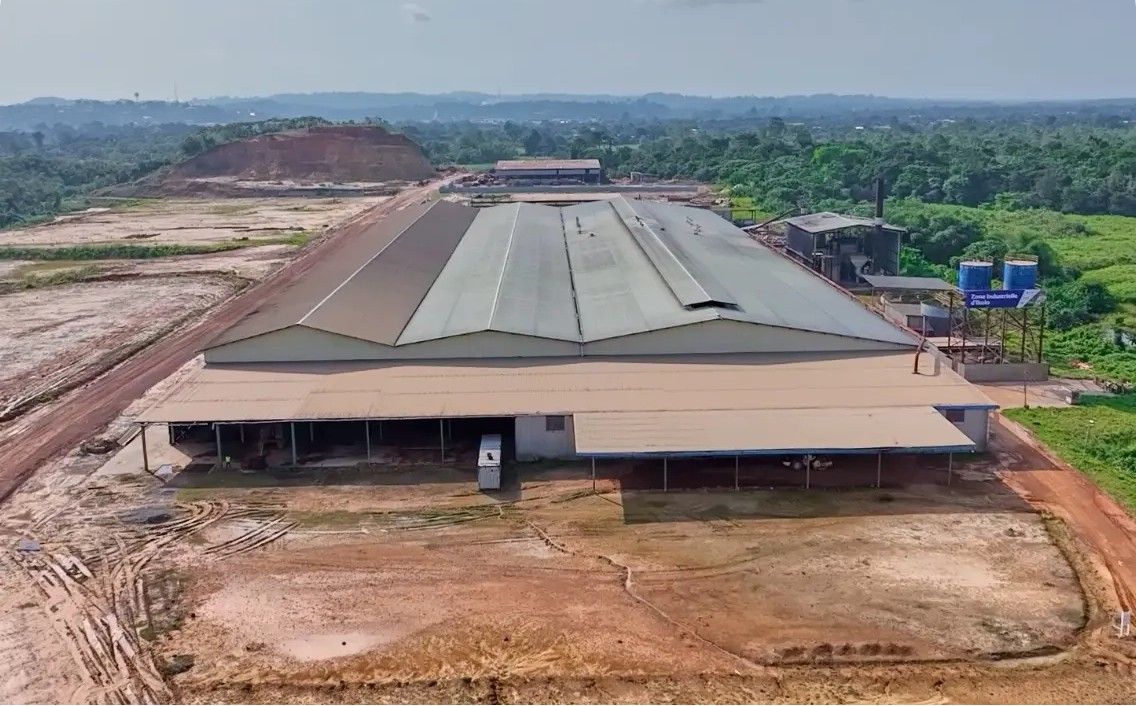

Gabon Special Economic Zone (GSEZ) SA, is a Public Private Partnership (PPP) between ARISE IIP and the Republic of Gabon, spread over 1126 ha at Nkok (27 Km from the capital city of Libreville). GSEZ has tremendous timbre processing business opportunities.
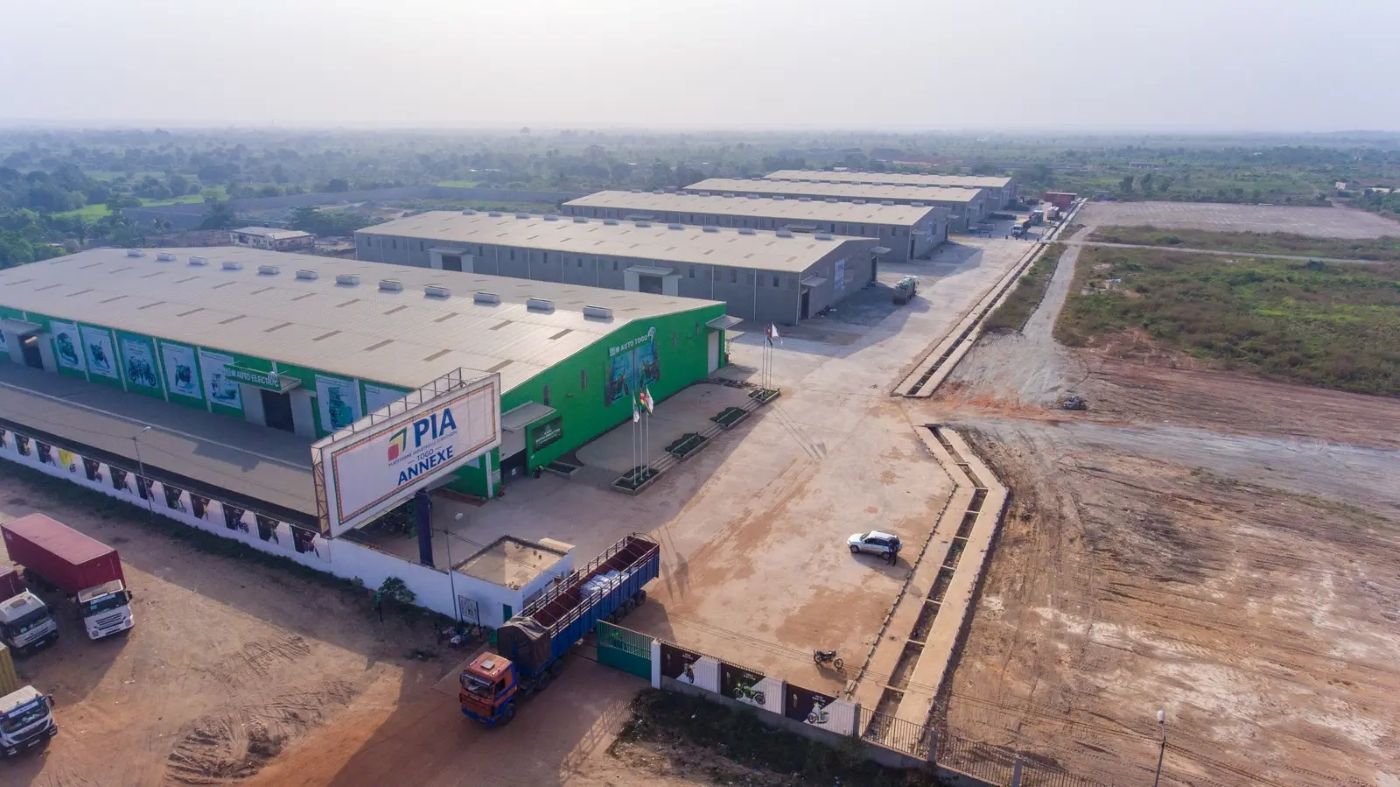
PIA is a vertically integrated industrial zone, focused at creating thriving value chains for storage, processing, manufacturing, and export. Strategically located on the backbone of Lome - Burkina industrial corridor, PIA offers the best entry to the ECOWAS and landlocked region of West Africa.
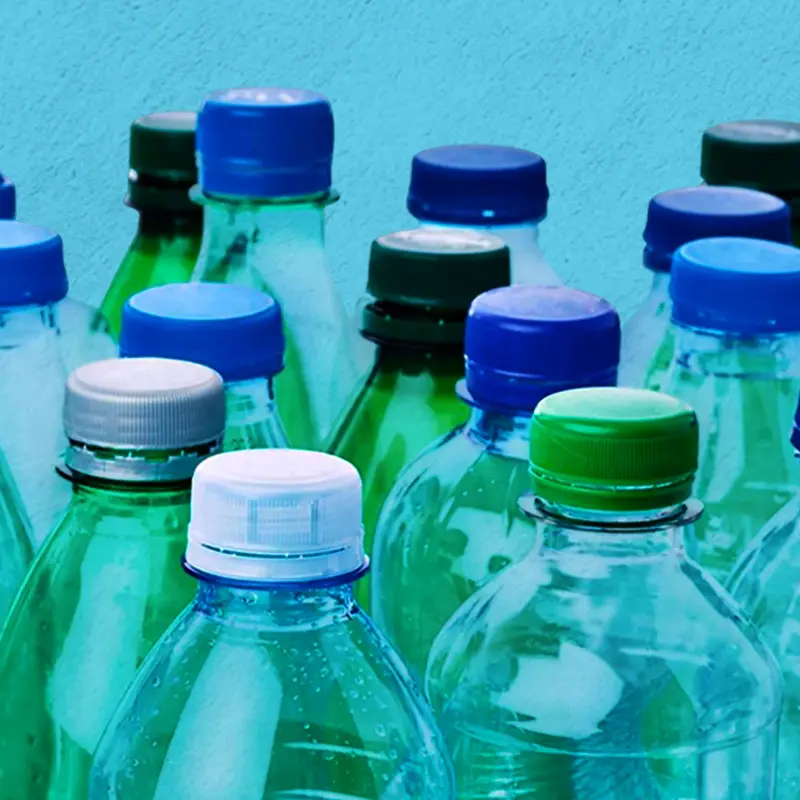
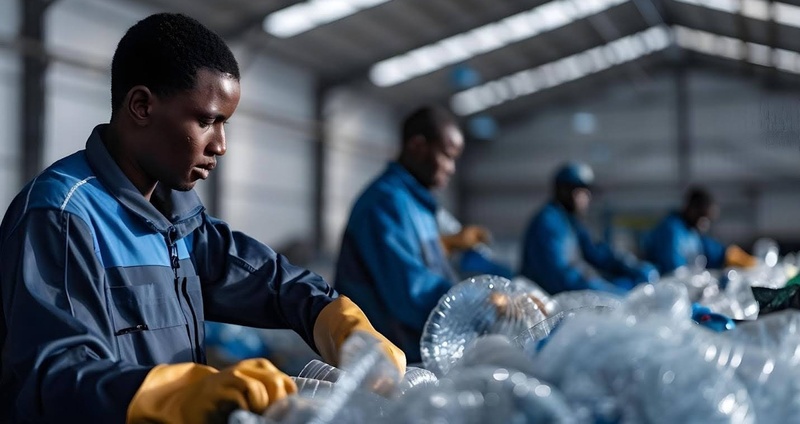
May 28, 2025
Rethinking Plastic: Why Africa Could Be the World's Smartest Bet in Recycling
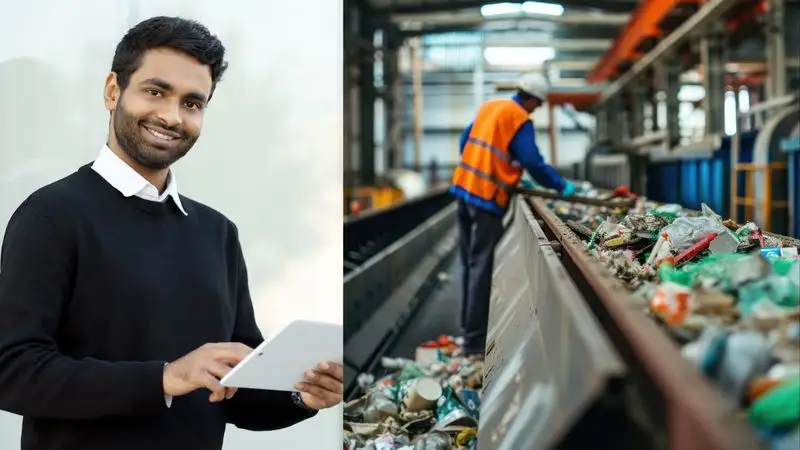
Jan. 23, 2025
Why Indian Investors Should Explore Waste Recycling Investment in Africa’s Booming Market?
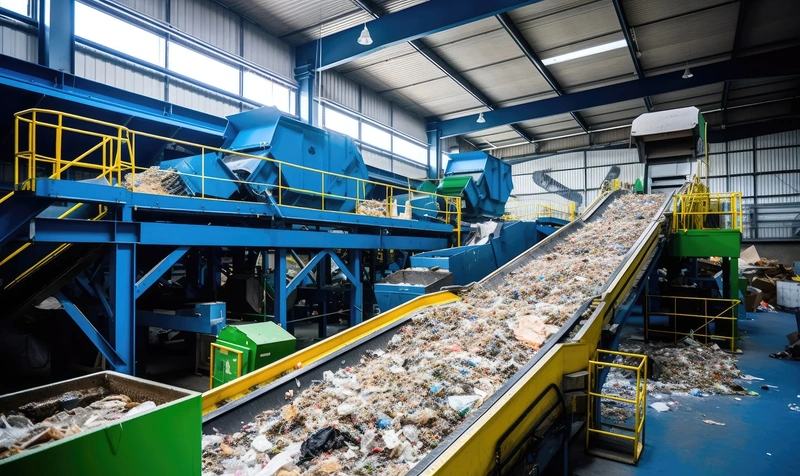
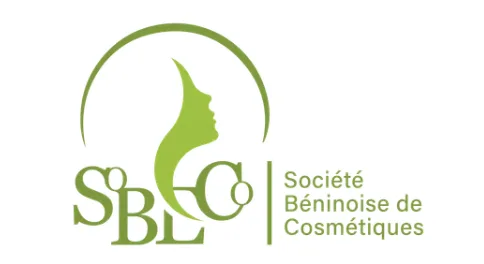
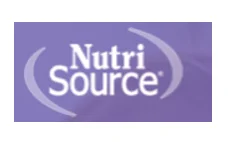

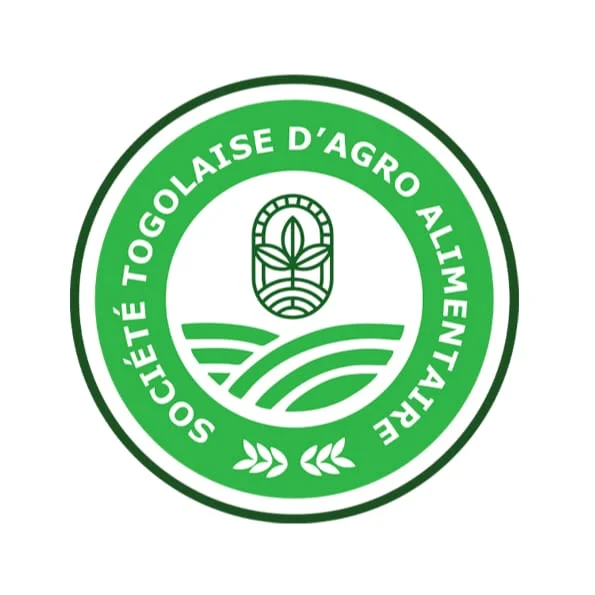


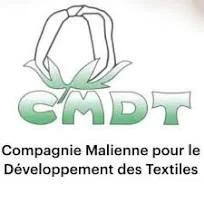

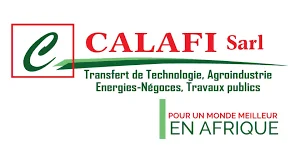
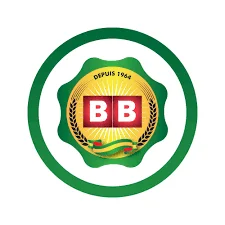

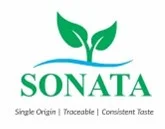
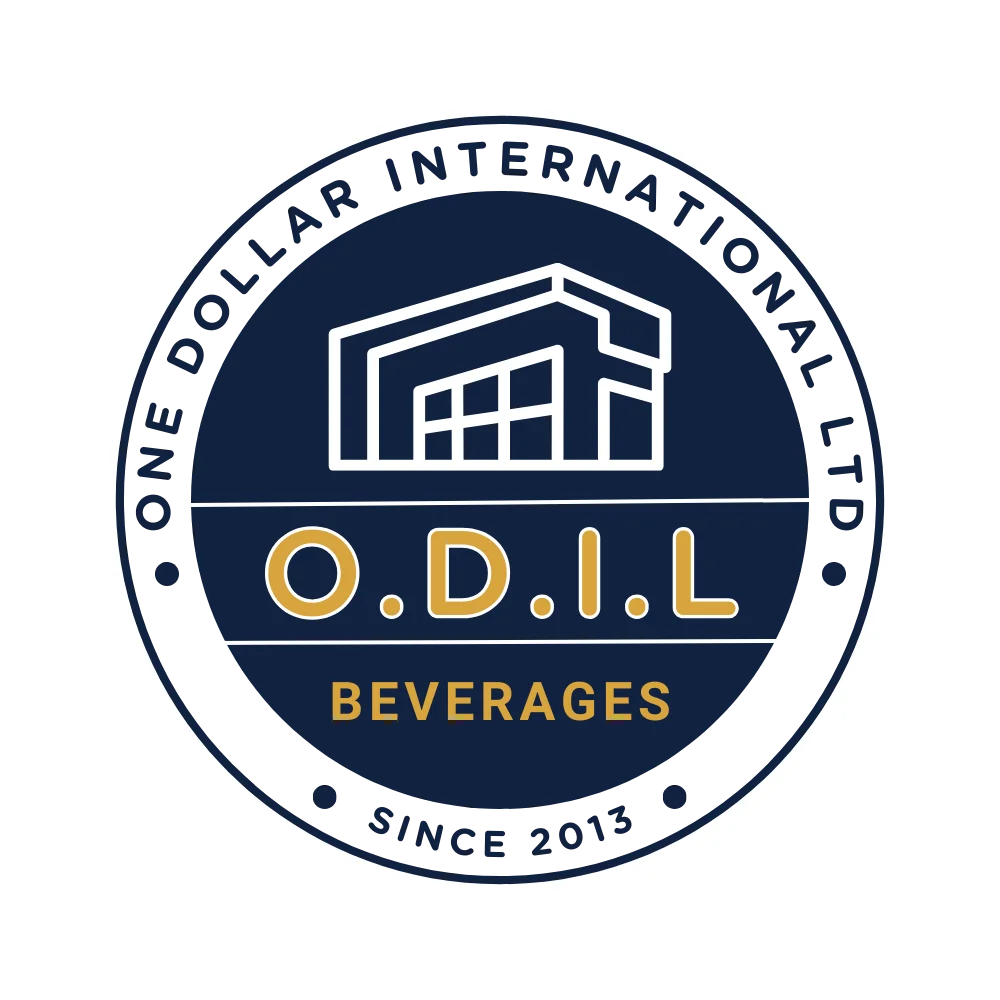
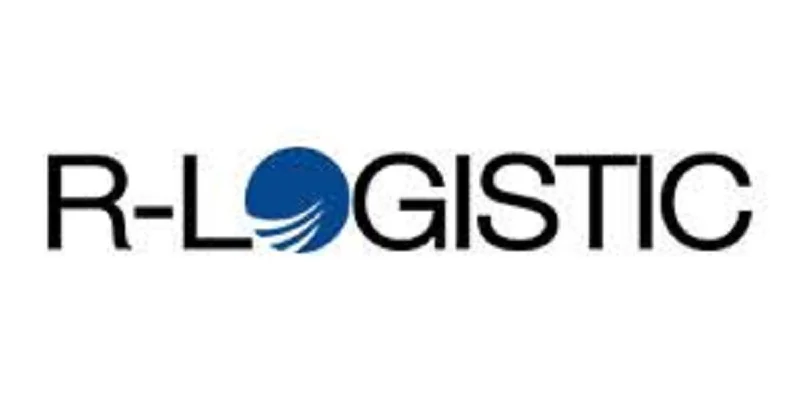

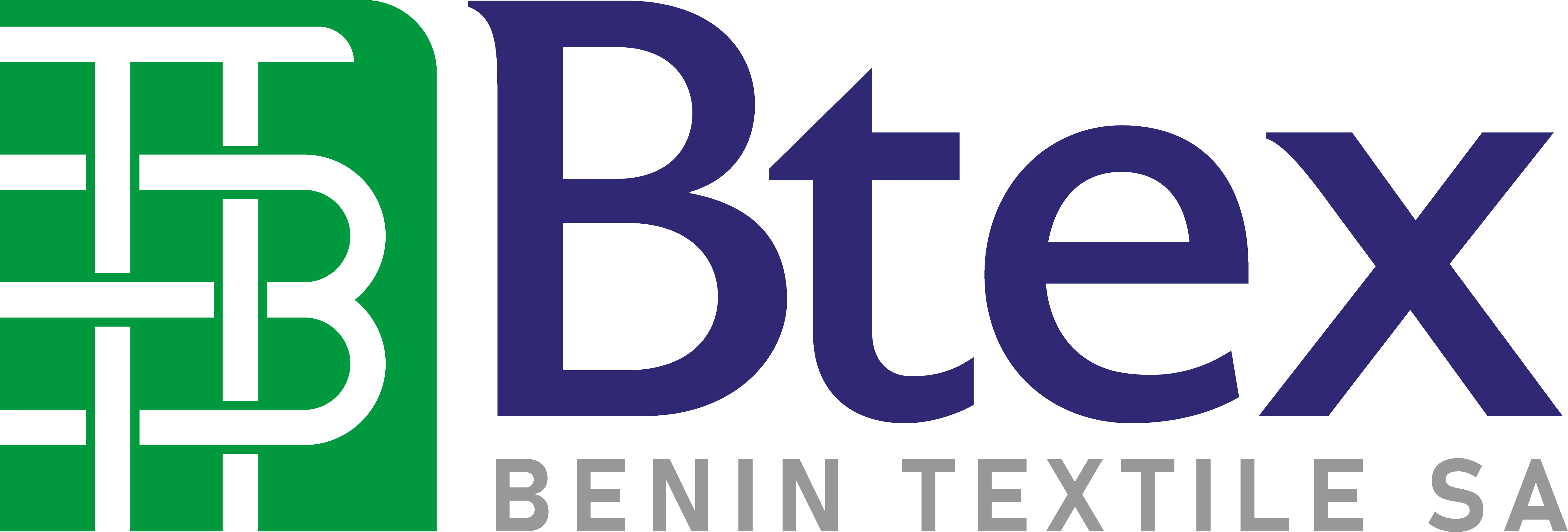
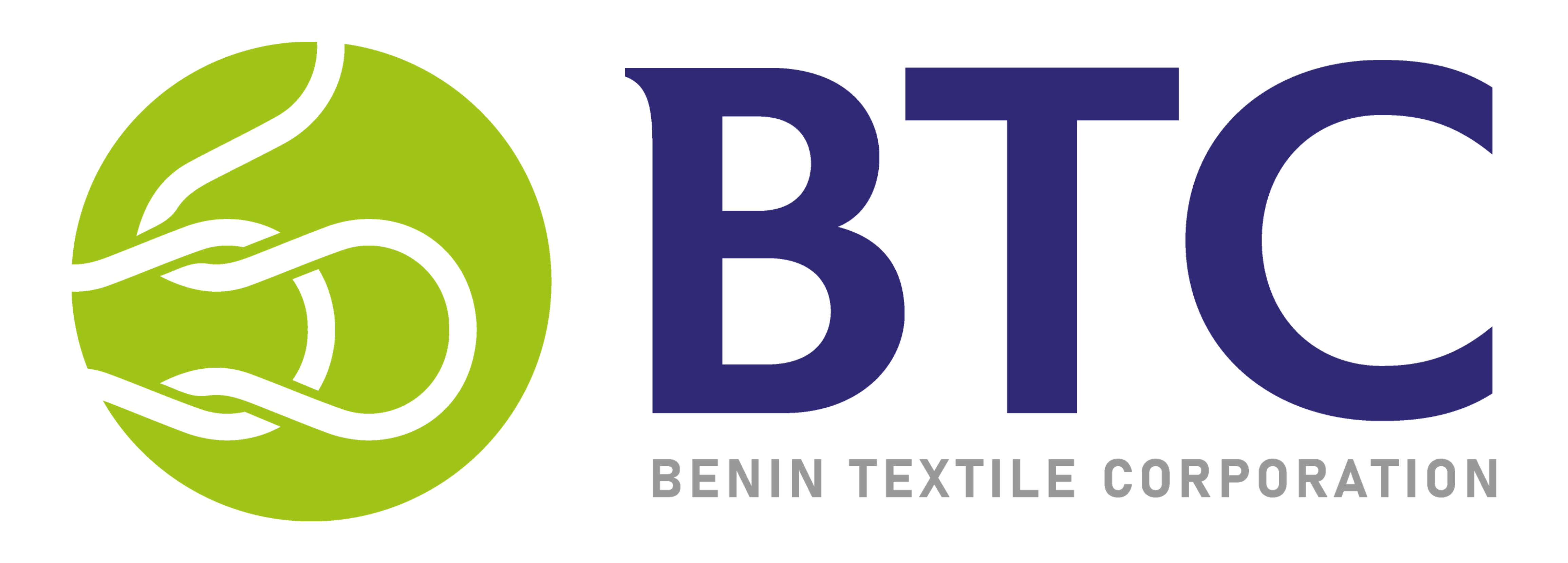
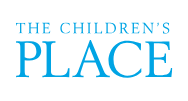
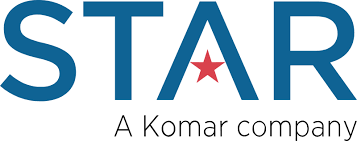
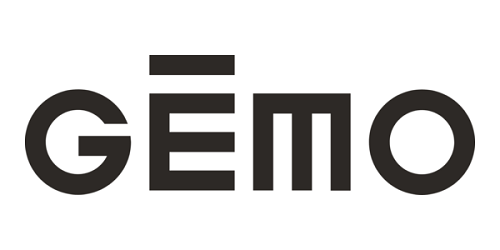

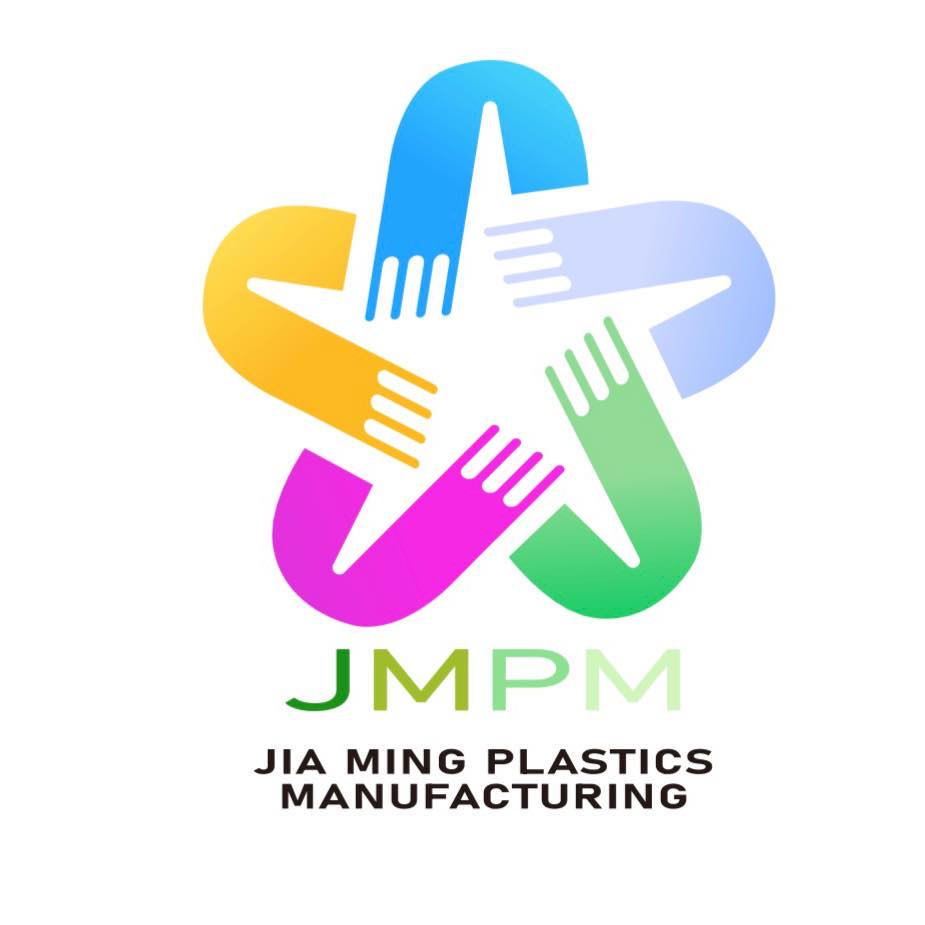


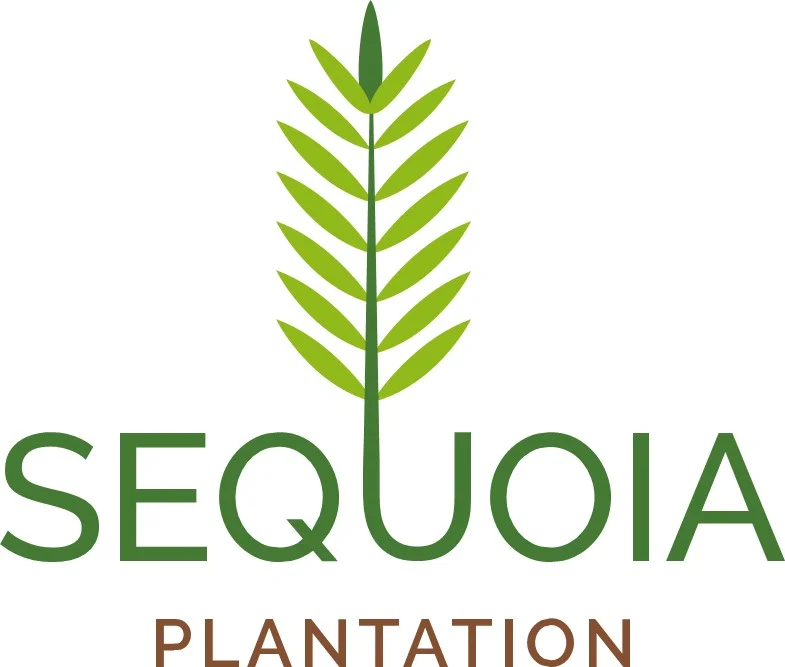
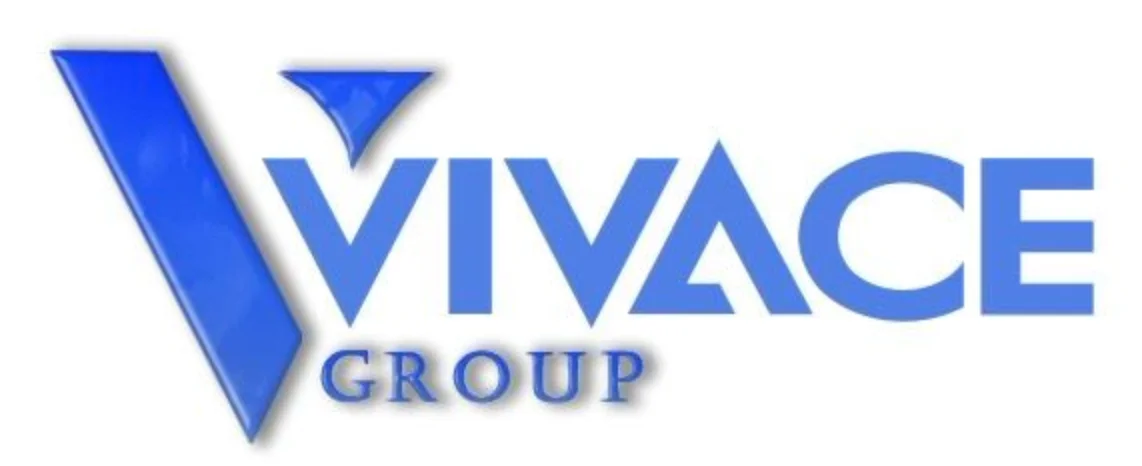
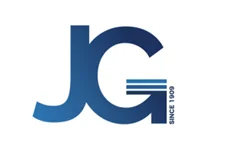
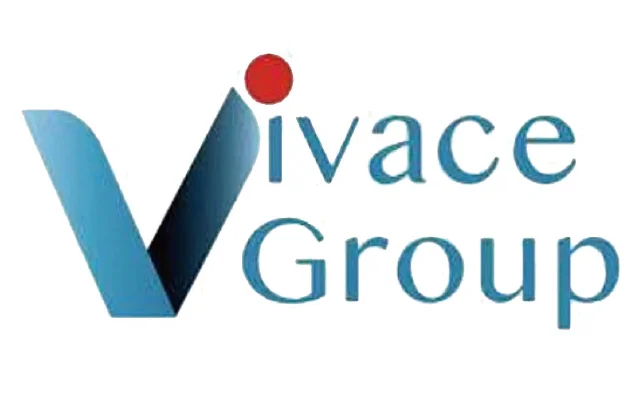

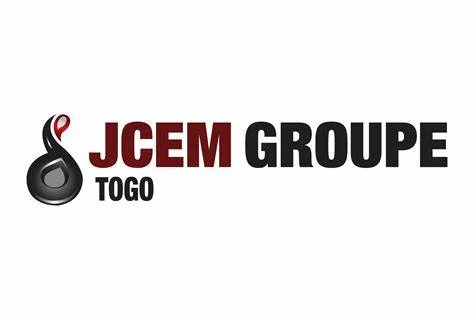
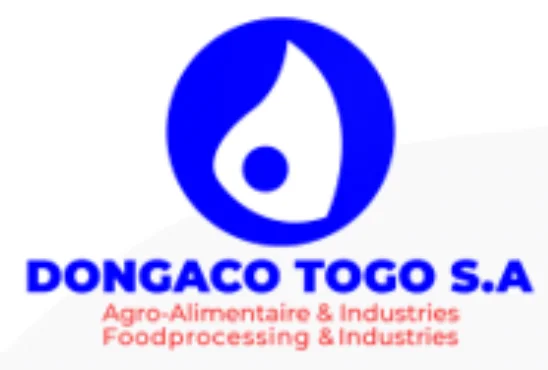

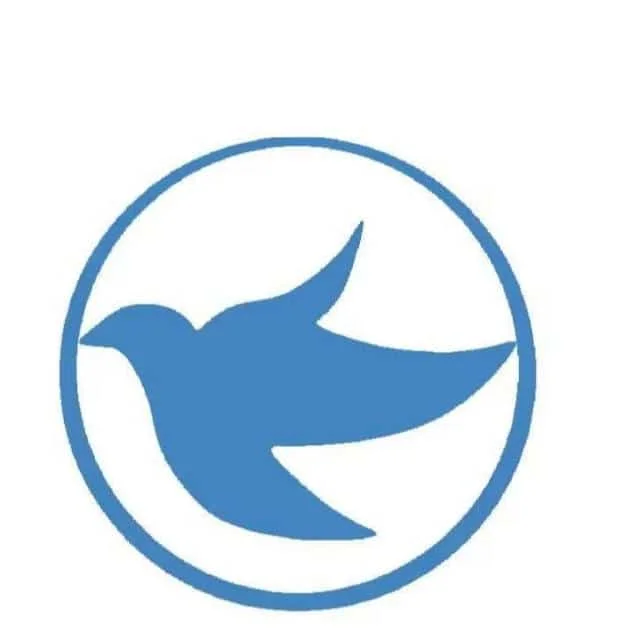
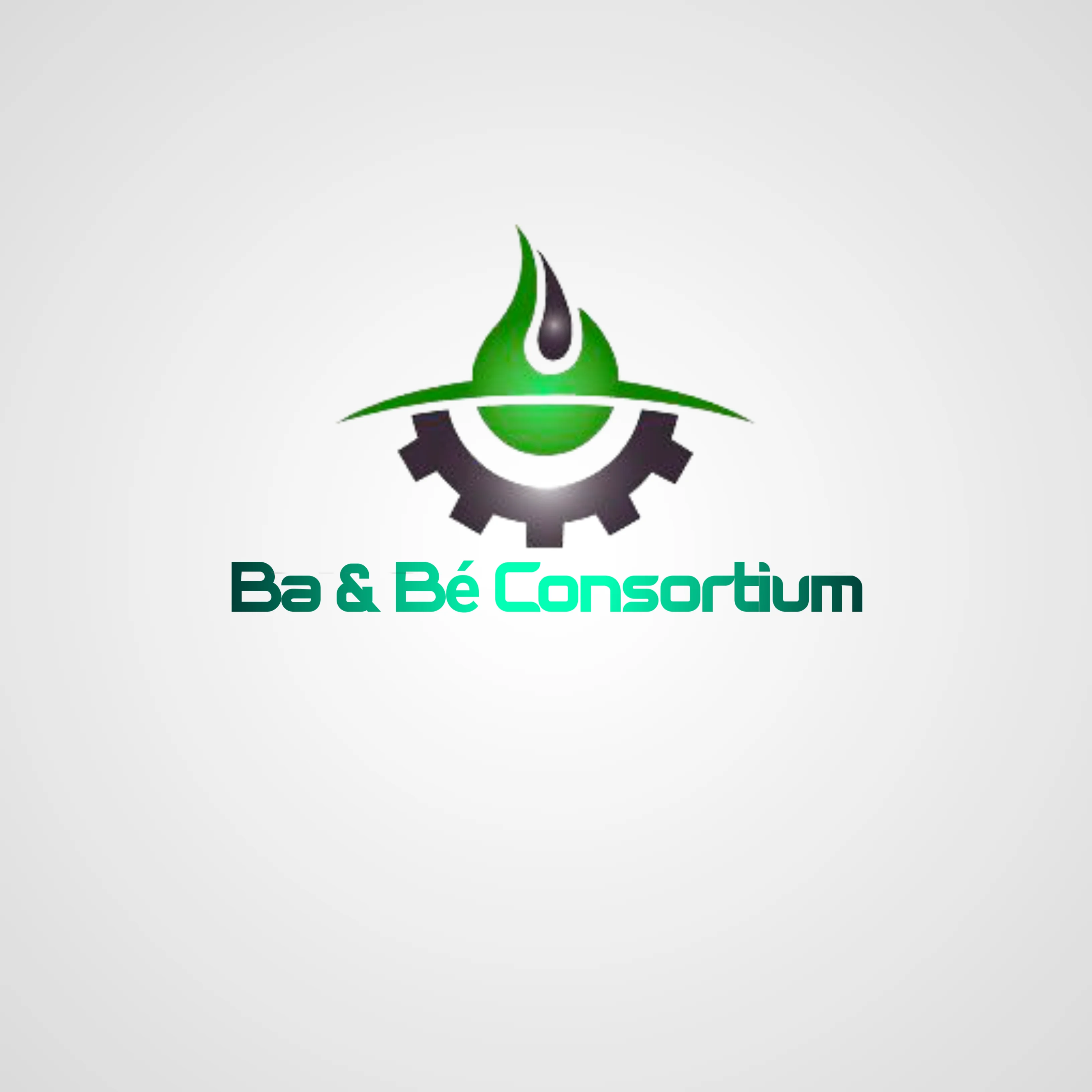






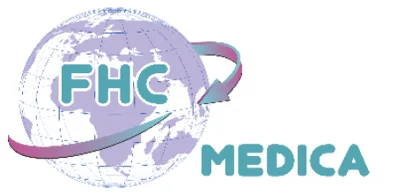

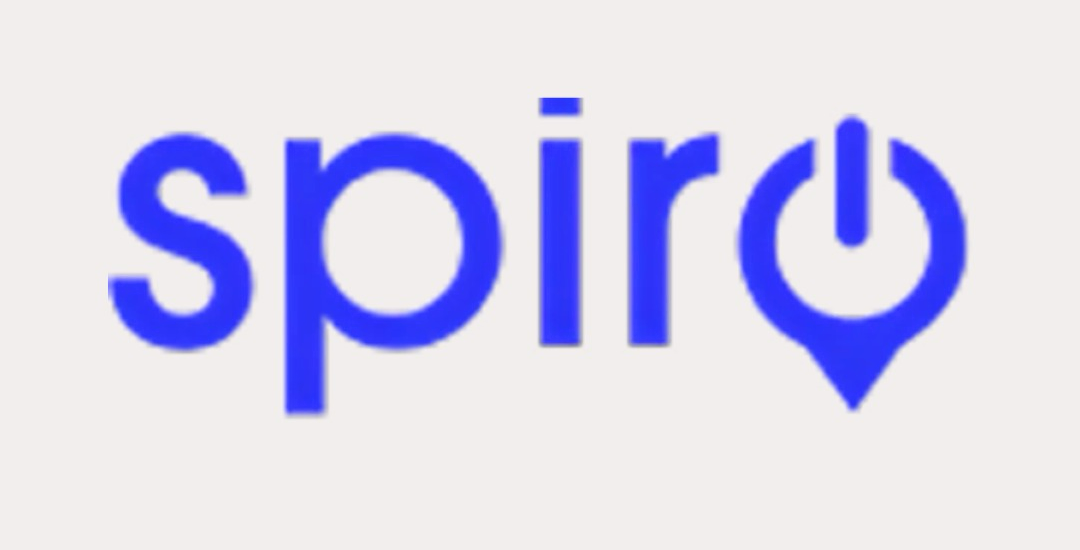
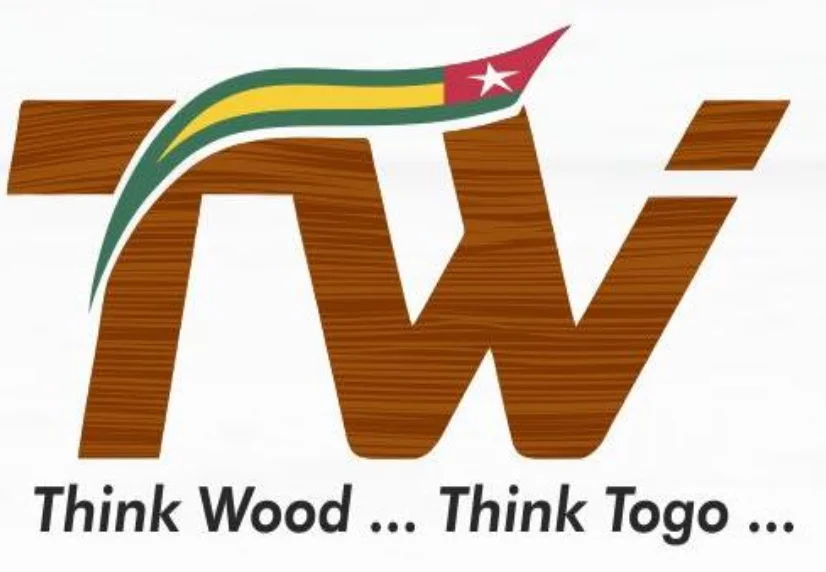
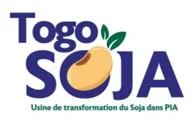
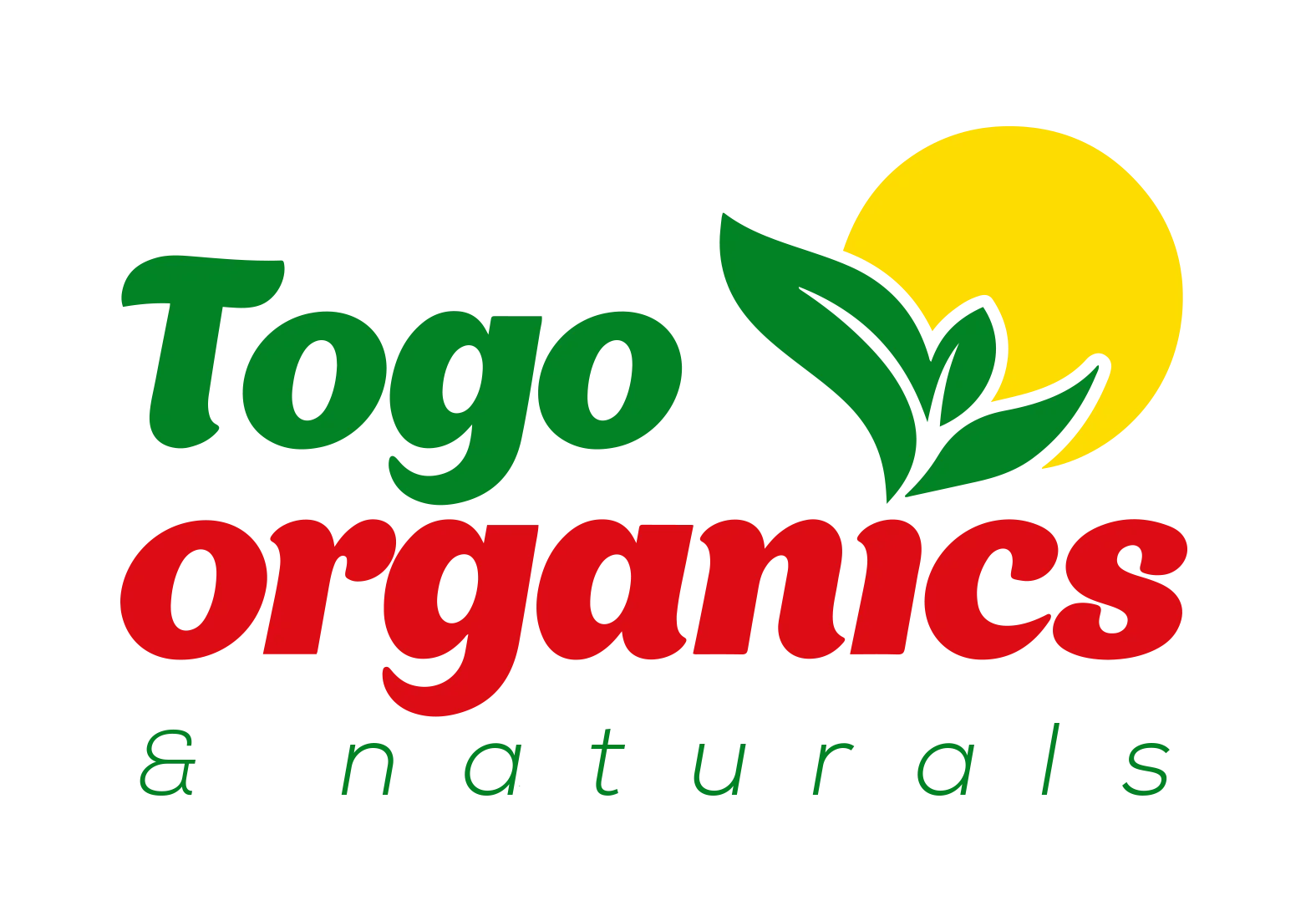
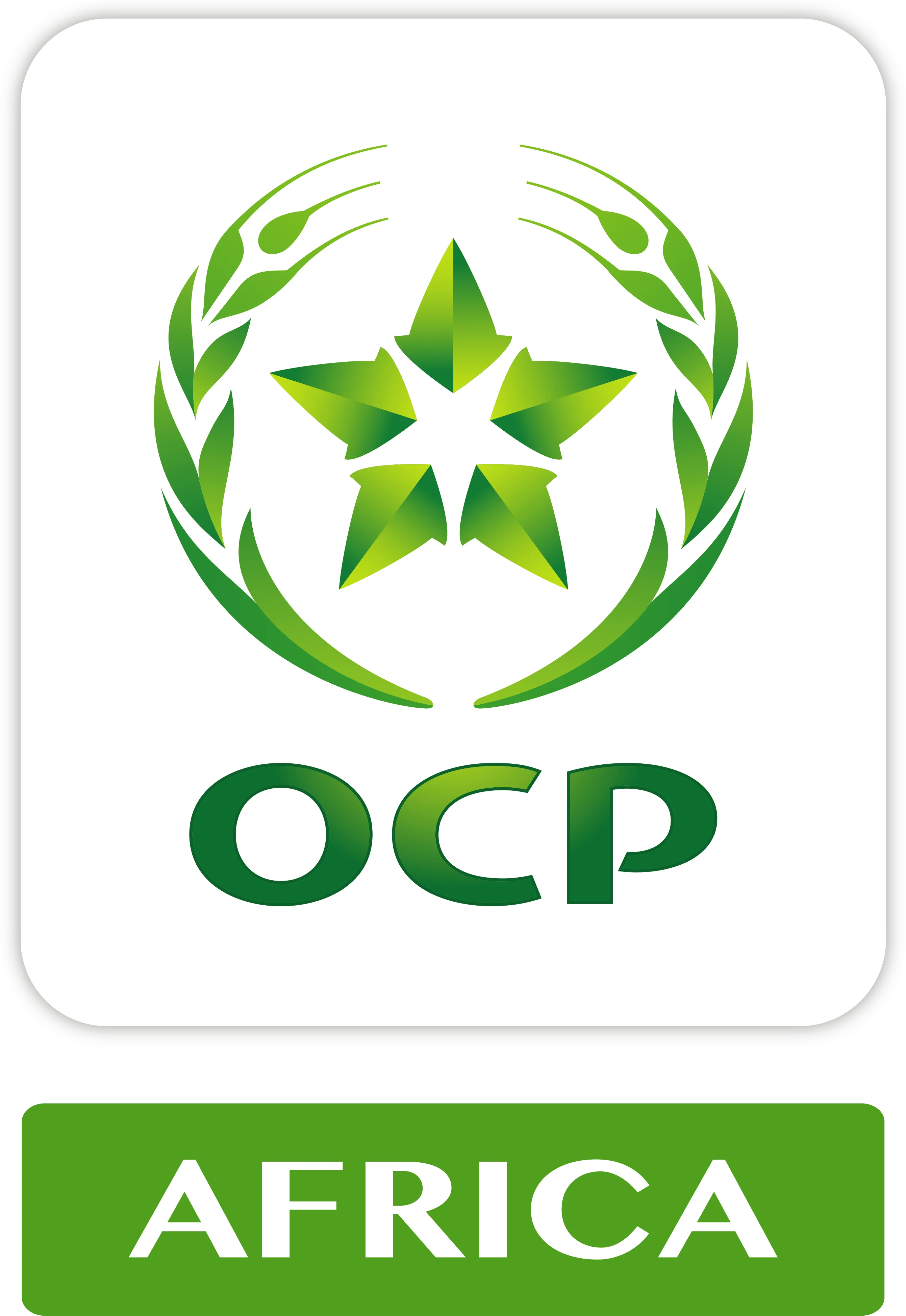
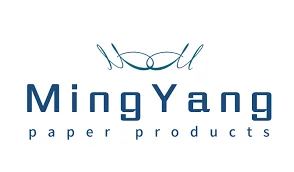

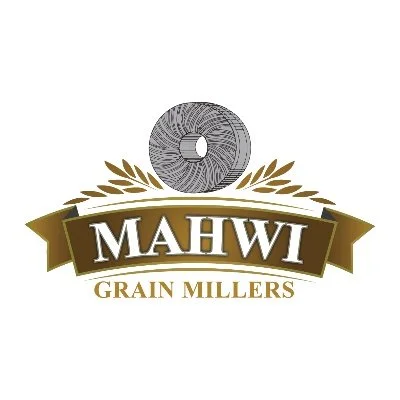

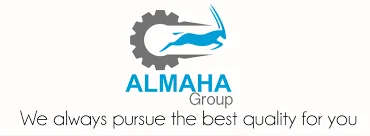



How profitable is the waste recycling business in Africa?
The waste recycling business in Africa is highly profitable due to the continent's rapid urbanization, population growth, and increasing consumer demand for sustainable products. While the recycling rates in many African countries are currently low, this presents a significant opportunity for early investors. Sectors such as plastic, metal, and e-waste recycling are particularly lucrative, with potential returns on investment ranging from 15% to 30% depending on the region and market segment.
What are the core market segments in the waste recycling industry in Africa?
The core market segments in Africa’s waste recycling industry include:
What are the benefits of setting up a waste recycling business in Africa's industrial zones?
Industrial zones across Africa offer numerous benefits for waste recycling businesses:
What is the regulatory environment like for waste recycling businesses in Africa?
The regulatory environment for waste recycling in Africa varies by country but is generally becoming more supportive as governments recognize the economic and environmental benefits of recycling. Many African countries are developing or have implemented policies to encourage sustainable waste management, including setting recycling targets and offering incentives for green businesses. Investors should be aware of country-specific regulations and seek to align their operations with local environmental standards.
What are the expected returns for investors in the waste recycling sector in Africa?
Expected returns in the waste recycling sector in Africa can be substantial, particularly in high-demand segments such as plastic recycling and e-waste management. With the recycling market in Africa projected to grow at a 5-7% CAGR over the next decade, returns on investment could range from 15% to 30%, depending on the specific segment, country, and operational efficiency. The continent's growing urbanization and consumer demand for sustainable products further enhance the profitability of recycling ventures.
What are the export opportunities for recycled materials from Africa?
Africa has strong export opportunities for recycled materials, particularly to markets in Europe, Asia, and North America, where there is growing demand for sustainable and recycled products. Key exportable materials include recycled plastics, metals, and e-waste components. African countries with access to major ports and trade agreements with other regions are particularly well-positioned to capitalize on these opportunities.
What impact does Africa’s growing urban population have on the waste recycling business?
Africa's rapidly growing urban population is leading to increased waste generation, particularly in major cities. This surge in waste production creates a significant opportunity for recycling businesses to provide sustainable solutions. As urbanization continues, the demand for efficient waste management and recycling services is expected to grow, driving the expansion of the recycling industry across the continent.
How does Africa's push for sustainable development impact the waste recycling sector?
Africa's focus on sustainable development, as part of its broader economic growth strategies, is driving investment in the waste recycling sector. Governments and international organizations are increasingly prioritizing environmental sustainability, leading to more supportive policies, funding opportunities, and public awareness initiatives. This shift towards sustainability creates a favorable environment for recycling businesses and encourages investment in green technologies and practices.
Compare
Dear investor, please compare similar category items- either Locations or Opportunities.
*Already subscribed.
*Enter your name/email.

Sign up for exclusive investment alerts.
Already subscribed? Skip
Thank You For Subscribing to
Africa For Investors.

You will be redirected to AFI’s Linkedin Profile in 10 seconds.
Stay On AFI Website